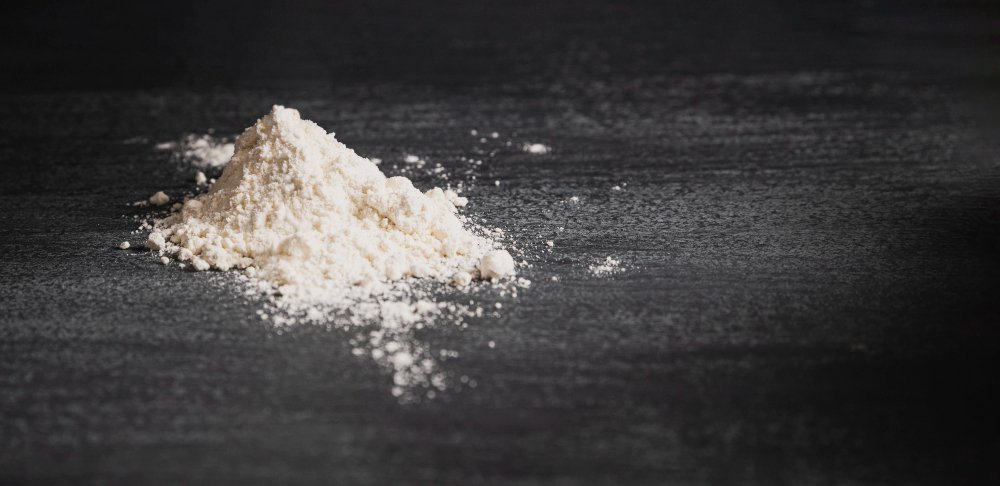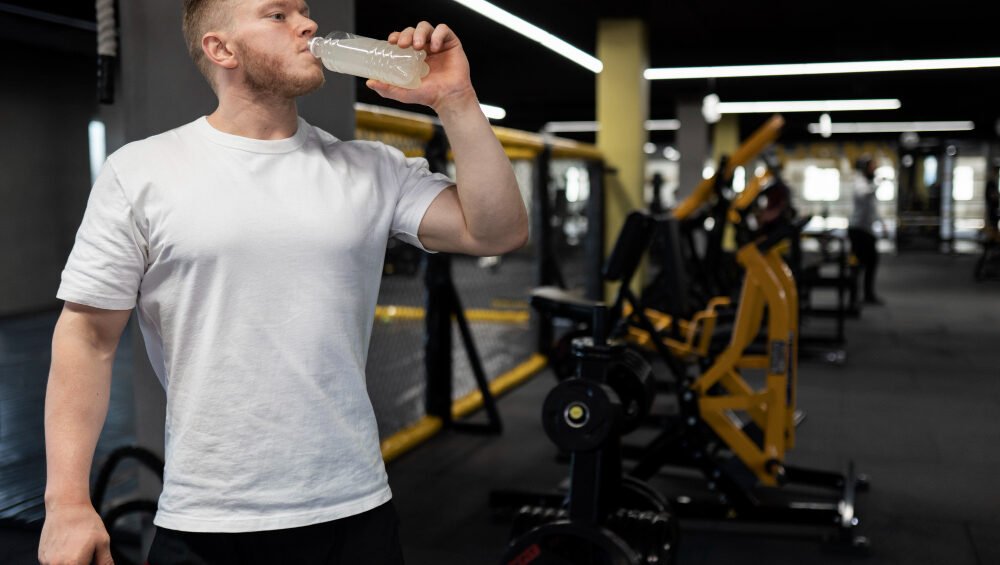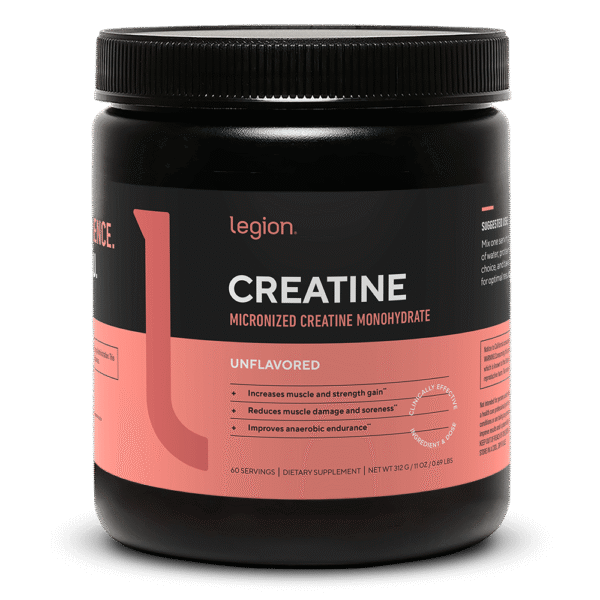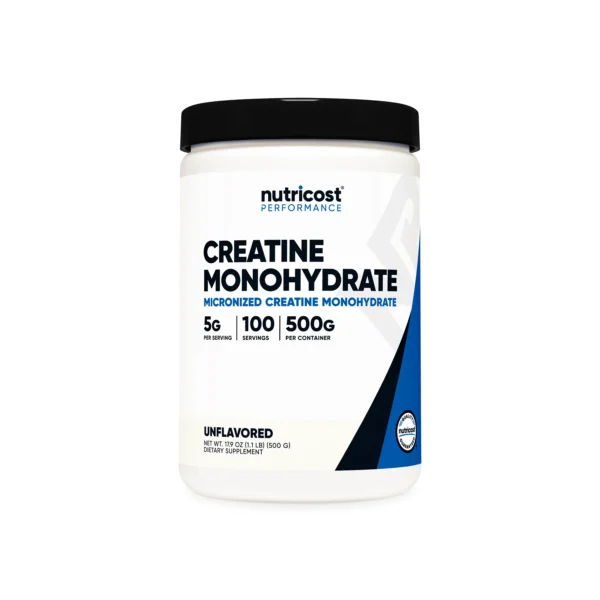Is Supplementing With Creatine Necessary for Building Muscle?
The question of whether creatine is necessary for building muscle is one of the most debated topics in fitness nutrition. For decades, creatine supplementation has been heralded as one of the most effective and well-researched performance enhancers available. However, emerging research suggests that while creatine can accelerate muscle growth and improve high-intensity performance for many, it may not be strictly required for building muscle — especially for those who already have adequate dietary intake or have optimized their training and nutrition.
What Exactly Is Creatine?
Creatine is a naturally occurring compound made from three amino acids: arginine, glycine, and methionine. The human body synthesizes it in the liver, kidneys, and pancreas and stores about 95% of it in skeletal muscle. It plays a central role in the phosphagen energy system by replenishing adenosine triphosphate (ATP), the molecule that fuels muscle contraction during short bursts of intense exercise.
When you sprint, lift heavy, or perform explosive movements, your muscles rapidly consume ATP. Creatine speeds up replenishment, allowing you to sustain peak performance just a bit longer — enough for a few more reps or an extra sprint interval. Over time, those small improvements can add up to greater muscle and strength gains.
The Case For Creatine Supplementation
Numerous studies have confirmed creatine’s effectiveness in combination with resistance training. Research from Healthline and the National Institutes of Health shows that supplementing with 3–5 grams of creatine monohydrate per day can increase strength and lean muscle gains by up to 50% compared to training alone.
Creatine enhances performance primarily through:
- Greater energy availability: Increasing phosphocreatine stores allows faster ATP regeneration during intense activity.
- Enhanced muscle recovery: It may improve muscle repair and reduce fatigue following strenuous workouts.
- Cell volumization: Increased water retention within muscle cells can lead to cell swelling, which may activate signals related to protein synthesis and muscle growth.
- Improved training capacity: The ability to push harder and longer in each set indirectly drives hypertrophy.
Research also shows vegetarians and vegans — who obtain less creatine from food sources like meat and fish — tend to experience larger gains when supplementing.
Additionally, creatine supplementation has been linked to cognitive and neuromuscular benefits, including improved focus, faster recovery, and reduced fatigue during repetitive tasks.
More about creatine: Can Women Use Creatine The Same Way As Men Do

The Case Against Creatine Supplementation
Despite its strong evidence base, creatine is not a magic bullet. A 2025 University of New South Wales trial found no significant difference in muscle gain between participants who supplemented with 5 grams of creatine daily and those who didn’t — both groups gained about two kilograms of lean mass after a 12-week resistance program.
Why might this happen? A few explanations:
- Dietary saturation: People who already consume enough creatine-rich foods, such as red meat and fish, may not benefit noticeably from supplementation.
- Water retention effects: Creatine-induced weight gain is often due to increased intracellular water rather than new muscle tissue.
- Training optimization: For well-trained athletes who already target progressive overload and recovery, creatine may only offer marginal benefit.
Harvard Health researchers add that creatine doesn’t directly build muscle — it enhances performance potential when paired with effective resistance training and balanced nutrition. Without consistent progressive overload and adequate protein intake, creatine supplementation alone provides little benefit.
More about creatine: Nutricost Creatine Monohydrate Powder Review
Who Actually Needs Creatine?
Creatine is most beneficial for:
- Beginners: Rapid strength gains during the first few months of training.
- Vegetarians and vegans: Lower baseline creatine levels mean a larger potential increase from supplementation.
- Athletes in explosive sports: Sprinters, powerlifters, and bodybuilders often see measurable improvements.
- Older adults: Some evidence suggests it can mitigate age-related muscle and strength loss when paired with resistance training.
However, it’s less necessary for individuals who eat a high-protein diet with ample red meat or fish, maintain consistent progressive overload training, and have no significant deficiencies in recovery or performance.
More about creatine: do you need to cycle creatine
Safety and Dosage Standards
Creatine monohydrate remains the gold standard. Decades of clinical data confirm it is safe for long-term use when consumed within recommended doses — typically a 5-gram daily maintenance protocol, following an optional 5–7 day loading phase of 20 grams per day divided into smaller servings.
Common side effects such as mild bloating or temporary water retention usually subside after a few weeks. To enhance absorption, creatine can be taken with a source of carbohydrates (like fruit juice) to stimulate insulin-mediated uptake in muscle tissue.
Nutricost Creatine Monohydrate Powder
Beyond Muscle Growth: Emerging Research
The benefits of creatine may go beyond muscle tissue. Studies now suggest creatine supplementation could:
- Support brain health, improving working memory and cognitive resilience in sleep-deprived conditions.
- Enhance glycogen synthesis when combined with carbohydrates, aiding recovery.
- Potentially improve bone health, protecting against age-related loss of muscle and skeletal density.
However, these benefits are still under investigation, and more long-term studies are required.
More about creatine: Creatine Monohydrate vs. Creatine HCL

The Bottom Line: Is Creatine Necessary?
Creatine is not necessary for building muscle — many people achieve excellent results through rigorous training, adequate sleep, and a balanced diet without ever using supplements. But for those looking to optimize every performance edge, creatine remains one of the few sports supplements that consistently delivers measurable, evidence-based improvements in strength, power, and recovery.
In essence:
- Creatine isn’t a requirement — it’s an enhancer.
- It doesn’t replace good training — it amplifies it.
- It won’t build muscle alone — it helps you train harder and recover faster.
For most lifters and athletes, creatine supplementation offers a safe, cost-effective way to push performance boundaries. But for those already training effectively, eating well, and recovering properly, creatine may be the cherry on top — not the foundation — of their muscle-building journey.
In short, supplementing with creatine is helpful, but not necessary, for building muscle in a well-rounded, sustainable way.
Read also: best places to buy cheap creatine in USA








